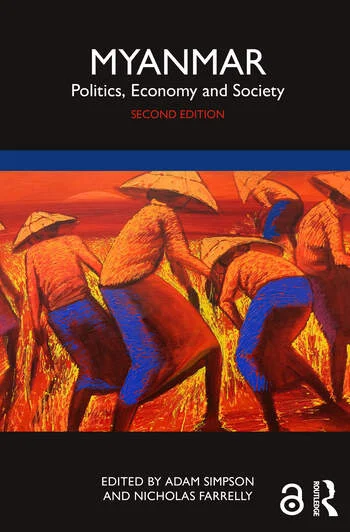
Despite early efforts to industrialize the economy during the 1990s, Myanmar is still predominantly an agrarian economy. As for many other East Asian states, the only way for Myanmar to reduce poverty might be going through a structural transformation from agriculture to industry and services where labour productivity is higher. The chapter reassesses Myanmar’s industrial policies in the last decades, from command economy and import-substitution policies in the early days of military rule, to partial engagement with global capital under Thein Sein and Aung San Suu Kyi, to international isolation and foreign investors’ withdrawal after the military coup in February 2021. As Special Economic Zones (SEZs) and industrial parks may play a critical role in supporting the industrialisation of the country, the chapter looks at the main projects carried out until the military coup and how disruptive the current political crises are proving to be. Although SEZs represent a way to compensate an overall poor investment climate, creating attractive conditions in specific locations, they alone cannot be an appropriate substitute for improving infrastructure and the general investment climate. Moreover, industrial policies cannot be implemented on the verge of civil war and the highly volatile business environment created by the coup. With all institutions bent to the military’s will, any attempt to implement an industrial policy will lead to resource misallocation and rent-seeking.
Giuseppe Gabusi (T.wai & University of Turin) and Michele Boario are authors of the chapter “Industrial policy and Special Economic Zones” of the book “Myanmar: Politics, Economy and Society” (Routledge, 2023), edited by Adam Simpson and Nicholas Farrelly.


Corso Valdocco 2, 10122 Torino, Italy
Sede legale: Galleria S. Federico 16, 10121 Torino
Copyright © 2026. Torino World Affairs Institute All rights reserved
